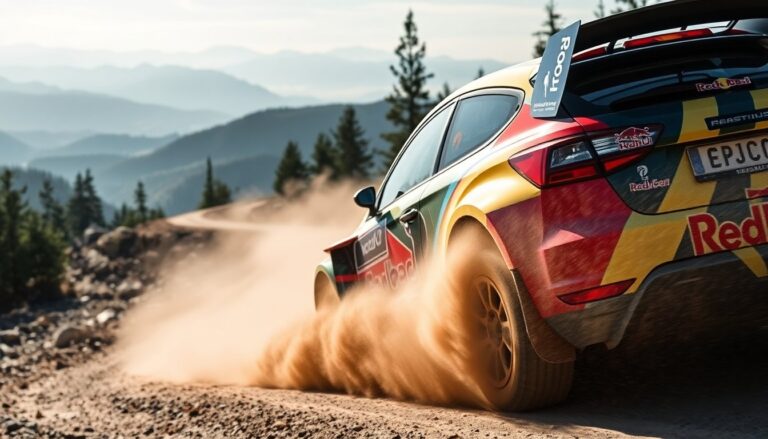Argomenti trattati
Understanding motorsport
Motorsport has captivated audiences for decades, combining speed, skill, and strategy into an exhilarating spectacle. From the roaring engines of Formula 1 to the rugged terrains of rally racing, the world of motorsport presents a diverse range of competitions that push the boundaries of both machines and their drivers. This article explores the various aspects of motorsport, including its history, key disciplines, and the challenges faced by competitors.
The history of motorsport
The origins of motorsport date back to the late 19th century, with the first organized race taking place in 1894 between Paris and Rouen. This event marked the beginning of a new era in which speed and engineering excellence became paramount. Over the years, various forms of racing have emerged, including Formula 1, IndyCar, and rally racing. Each of these disciplines has cultivated its own unique culture and dedicated fan base.
Key milestones
Throughout its history, motorsport has experienced significant milestones that have shaped its evolution. The establishment of the Fédération Internationale de l’Automobile (FIA) in 1904 played a crucial role in standardizing rules and regulations. This development paved the way for safer and more competitive racing environments. Additionally, the introduction of technological advancements, such as aerodynamics and hybrid engines, has enhanced the performance and efficiency of racing vehicles.
Popular motorsport disciplines
Today, motorsport includes a wide array of disciplines, each with its own unique features. Some of the most popular forms of racing are:
Formula 1
Formula 1 stands as the most recognized form of motorsport globally. Renowned for high-speed races on asphalt tracks, F1 cars are meticulously engineered for precision and speed. The championship comprises a series of races, known as Grands Prix, hosted in various countries around the world. Teams allocate millions toward technology and research to secure a competitive advantage, solidifying F1’s status as a pinnacle of engineering excellence.
Rally racing
Rally racing presents a unique challenge compared to Formula 1, as it navigates through diverse terrains such as dirt roads, snow, and gravel. This motorsport demands not only speed but also outstanding navigation abilities. Drivers depend on co-drivers for real-time guidance, highlighting the importance of teamwork in achieving success. The World Rally Championship (WRC) has emerged as a prominent event, illustrating the remarkable skill and resilience of rally drivers.
The challenges of competing in motorsport
The allure of motorsport is captivating, yet competitors face numerous challenges. The physical demands, coupled with mental stress, require drivers to maintain peak performance to excel in their discipline.
The physical demands
The physical strain on a driver during a race is significant. G-forces can reach up to 5G in high-speed corners, exerting immense pressure on the body. Consequently, drivers engage in rigorous training to enhance strength, endurance, and flexibility. Moreover, maintaining focus for extended periods is essential, as even a brief lapse in concentration can result in serious consequences.
Mental pressure
The mental aspect of motorsport is equally critical. Drivers must make split-second decisions while remaining composed under intense pressure. The psychological demands of competing against the world’s best can be substantial, necessitating mental fortitude and resilience. To navigate these challenges, many drivers collaborate with sports psychologists to develop effective strategies for managing stress and improving performance.
The future of motorsport
The landscape of motorsport is undergoing significant transformation. The rise of electric vehicles and the adoption of sustainable practices are at the forefront of this change. Series such as Formula E are pioneering efforts to promote greener alternatives in racing. Despite these innovations, the essence of motorsport remains intact, captivating fans with thrilling displays of skill and speed. From tracks to off-road events, the passion for racing continues to be a vital aspect of human culture.

